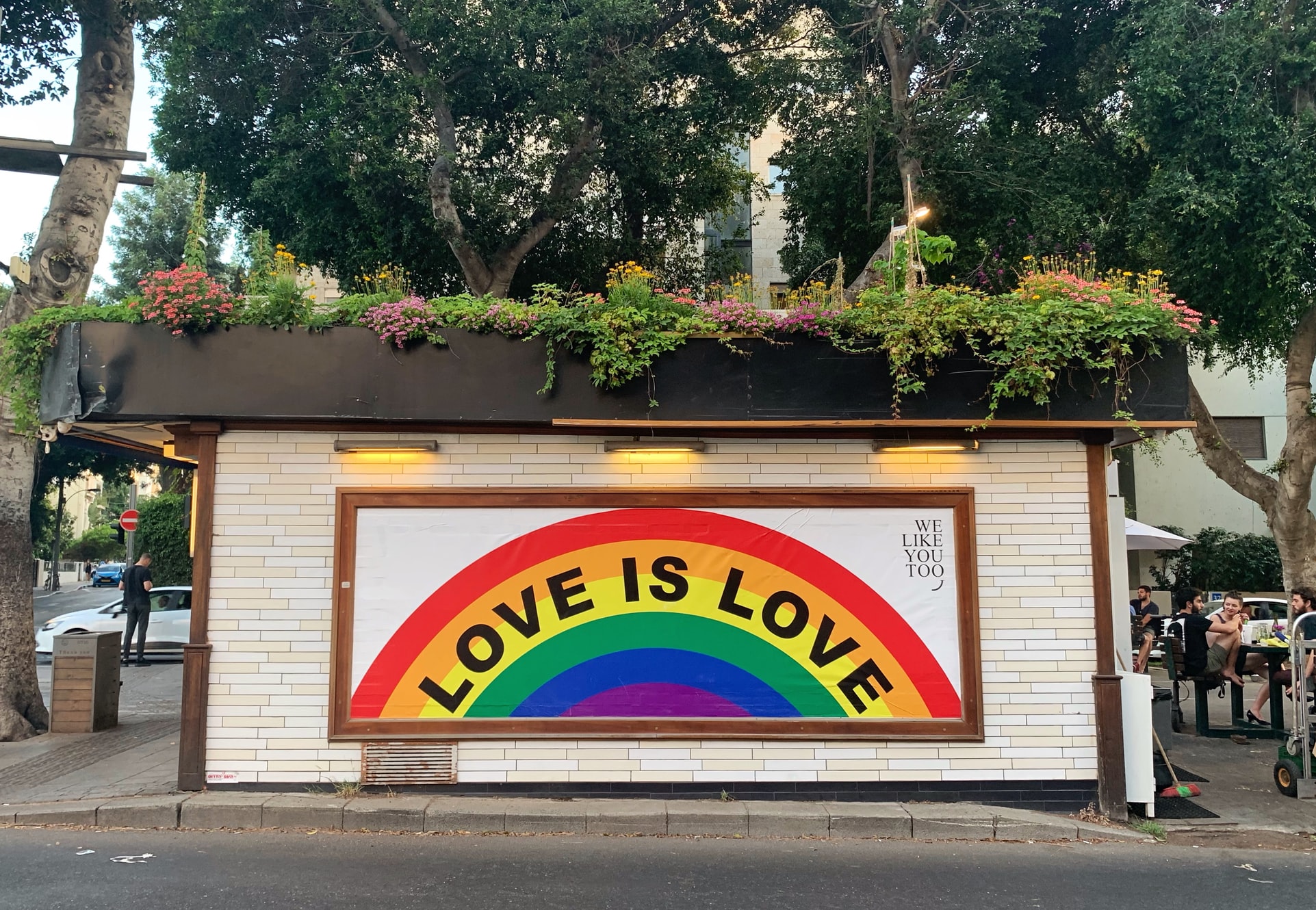
Supreme Court Ruling On Three Landmark LGBTQ+ Cases Is About To Change Human Rights Forever
Which way will they rule?
On Tuesday the Supreme Court met to discuss three cases that challenge the LGBTQ+ community’s employment rights in the United States. In truth, these three cases are iconic just for the fact that it is the first time LGBTQ+ employment laws have been debated in the high courts.
When the Supreme Court legalized same-sex marriage in all 50 states on June 26th 2015, we all thought we had a good thing going, right? Well, we did…Unfortunately, only a short year later the Trump administration took power and slowly began their systemic dismantling of LGBTQ+ rights.
First came the challenge against US students using a bathroom that does not correspond to their assigned gender. Shortly after, the administration attempted to ban transgender people from the military and just a year ago they tried to redefine the concept of gender as fixed in a last-ditch effort to remove trans’ people’s rights to change their gender legally.
Now, three LGBTQ+ cases challenging employment rights have been brought before the Supreme Court for a final ruling. The first case, Altitude Express Inc v Zarda, involves a gay man called Donald Zarda who claimed he was fired from his job as a skydiving instructor after joking with a female client that he was “100% gay” so there was no need to worry about the physical proximity. Sadly, Zarda died in a skydiving accident in 2014, so his estate will make the case in court.
The second case, Bostock v Clayton County, involves a gay man called Gerald Bostock. Bostock claims he was fired from his job as a county child welfare services coordinator, after he joined a gay recreational softball league. His employer, Clayton County, has stated he was dismissed for: “conduct unbecoming of a county employee.” So that’s either an admission of guilt or the world’s worst attempt to dodge…
The third and final case, R.G & G.R Harris Funeral Homes v EEOC & Aimee Stephens, involves a transgender woman Aimee Stephens. Stephens claims she was unfairly dismissed when she came out to her boss as trans with the intention to transition in 2013 and insisted on working in women’s clothing.
Each of the three cases has been previously pursued in lower courts where the Trump administration’s US Department of Justice has sided with the employers on every occasion. Shocking.
The LGBTQ+ community is discriminated against ceaselessly according to research by the National Centre for Transgender Justice that discovered more than 25% of trans US citizens have lost their jobs due to discrimination. But, hold on a minute, isn’t this illegal according to Title VII of The Civil Rights Act Of 1964? Well, this is exactly what the Supreme Court will be deciding.
According to the Act, discrimination by race, color, religion, sex and national origin is unlawful. However, the question of what the term “sex” encompasses is specifically what conservatives and the Trump administration are challenging. The LGBTQ+ community is fighting to be considered worthy of protection under law against employment discrimination or bias. Essentially, they are fighting for their livelihood and, to be considered as equals.
While the Supreme Court debated on Tuesday, a decision is not expected to be reached until the June 2020 deadline. Whatever the court decides could mean monumental ramifications for US politics, morale and most importantly, the safety and financial security of the LGBTQ+ lives. What a time to be alive, eh?











